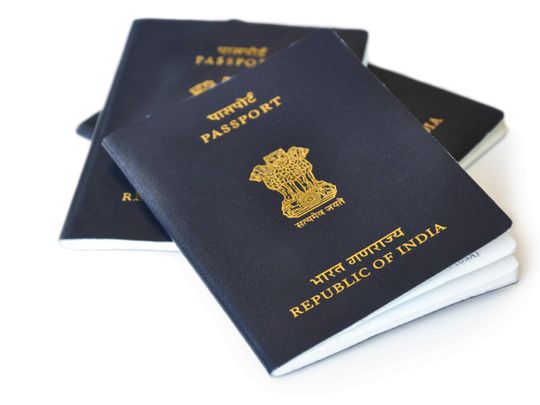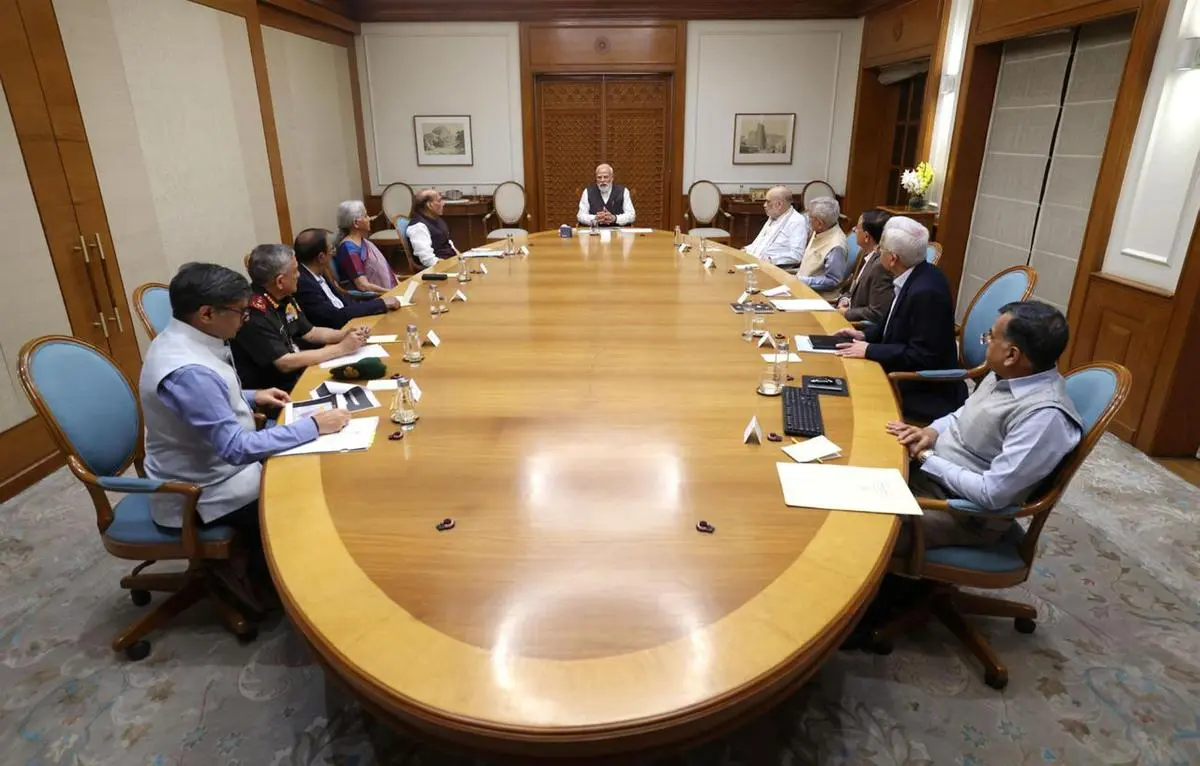From e-passports to digital privacy and colour-coded covers, India rolls out transformative changes for global citizens
Indian passports are set to undergo a sweeping modernization in 2025, with significant implications for over 3.5 million Indian expatriates residing in the UAE. The overhaul includes high-tech features like chip-enabled e-passports, simplified procedures for family documentation, and greater inclusivity for non-traditional households, reported timesofindia.indiatimes.com.
E-passports, easier spouse name inclusion, and digital address storage lead India’s passport reforms for NRIs.
The flagship change is the introduction of e-passports embedded with RFID chips that securely store biometric data, including fingerprints, facial recognition, and digital signatures. These passports meet ICAO global standards and aim to speed up immigration checks while enhancing data protection. NRIs applying for new passports or renewals in the UAE will automatically receive the upgraded version.
In another notable change, adding a spouse’s name to the passport will no longer require a registered marriage certificate. A joint self-declaration affidavit (Annexure J), signed in person at the Indian Consulate, is now sufficient. Women can also use this route to update their surnames post-marriage.
New rules for child applicants, gender-neutral details, and colour-coded passport covers introduced for global ease.
Starting October 1, 2023, all children born thereafter must submit a government-issued birth certificate for passport applications. UAE-born children must have their certificates attested by UAE authorities and accompanied by parent documentation.
Further, residential addresses will no longer be printed on passports. Instead, they’ll be stored digitally and linked via a barcode or QR code for use only by immigration officials, increasing personal data security.
In a progressive move, parents’ names will not be mandatory on new passport applications. This helps streamline the process for single parents, estranged families, and LGBTQ+ individuals.
India is also rolling out colour-coded passport covers to help streamline immigration lines:
-
White for government officials
-
Red for diplomats
-
Blue (unchanged) for ordinary citizens
To reduce wait times and increase accessibility, India plans to expand its passport service centres from 442 to 600 by 2030, focusing on underserved areas.
These passport reforms reflect India’s effort to build a faster, safer, and more inclusive system for citizens at home and abroad—especially for Indian expats navigating international life from the UAE.








